Mama
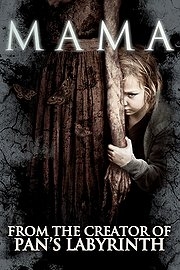
Here’s why we love all things with Guillermo del Toro’s stamp on them: he’s got great taste. Acting as executive producer to an impressive filmography (The Hobbit, The Devil’s Backbone, The Orphanage) and now Mama, del Toro’s style is firmly rooted in every horror fan’s fantasy – finally, some real scares. While Mama succeeds in creating some truly spooky scenes, with director Muschietti bringing in some powerful themes on motherhood, its sudden WTF ending is so unlike the slow, ghostly build-up of the rest of the film that it verges on insanity.
Mama tells the story of two young girls, Victoria and Lilly (Charpentier and Isabelle Nélisse) whose father (Coster-Waldau) kills their mother in the midst of a financial crisis. Through a series of unfortunate events, the two children find themselves abandoned in a deserted forest cabin. Over the space of 5 years they grow into feral children, somehow surviving and eventually found by their Uncle’s friends. After both psychological and physical help, they eventually move in with their Uncle Lucas (also Coster-Waldau) and his girlfriend Annabel (Chastain).
Annabel and Lucas uproot to the suburbs from their poky, rented flat with the aim of providing Lucas’ nieces with a better life. Victoria and Lilly seem resistant to their new surroundings – and oddly preoccupied with ‘Mama’, who seems to be an imaginary friend left over from their time in the woods. At first reluctant to take care of the children, Annabel’s attachment to the girls grows as Mama’s presence becomes all the more threatening and sinister. Is Mama simply a figment of their imagination? And if not, then who – or what – is she? Annabel, Lucas and the girls’ doctor (Daniel Kash) must figure it out before the Mama’s existence threatens the lives of everyone.
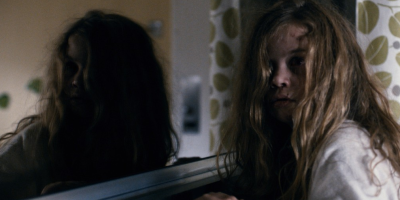
A great horror film will work on a psychological and visual level, using the occult to freak you out more than a shed load of CGI. Mama sometimes ends up distancing the audience when it’s all special effects and fake scares. And yet, when Mama is played by Javier Botet (i.e. a real human) the effect is brilliant. There is nothing more sinister and disturbing than a broken-limbed woman following you around on the floor, spider-like. Particularly when Mama groans – a deep, mangled noise that sounds like your worst nightmare – the result is both visually and aurally creepy. An extremely effective move to use an actor rather than pure special effects as the ghost. But when the special effects do creep into the film and ruin what could have been fantastic, it’s the quality acting that saves Mama from becoming ludicrous. Both children do a wonderful job when feral, particularly Lilly (Nélisse), who is unable to talk or walk properly when she finds her way into the real world again.
The wonder that is Jessica Chastain almost goes without saying. Her transition from the hardcore punk rocker to caring mother figure is incredibly enjoyable to watch and not once does it feel unnatural. Coster-Waldau (an unrecognisable Jaime Lannister!) provides a good performance but is outshone by Chastain in more ways than one; Lucas seems to disappear in the middle of the film and his sudden re-introduction towards the end just makes his general presence feel artificial and, frankly, pointless (especially after a bizarre nightmare scene, met with awkward laughs from the audience). Mama deserves credit for its sharp atmosphere and beautiful, emotive scenes, but for those not keen for their horror films to have some rather bizarre supernatural sequences, Mama won’t be for you. The ending is completely mental, but also unpredictable and gratifying. Chastain is simply remarkable as the newly devoted mother, especially contrasted against the possessive and jealous Mama.
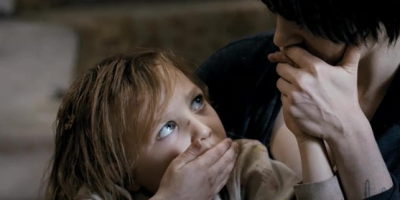
Mama effectively manages some truly frightening and atmospheric scenes, where we really feel del Toro’s eerie style, but it’s director and writer Muschietti who deserves most of the credit, revealing a flair for horror in his first feature length film (Mama was originally a 3-minute short). The plot does have its holes though, particularly when the children’s recovery from skin and bone creatures into normal-sized children seems to happen all too quickly. But Nélisse’s character brings the good stuff – her relationship with Mama is quietly disturbing, effectively establishing a sense of emotional realism. While Mama does tend to stick to some formulaic horror clichés (DON’T OPEN THE CUPBOARD), over all it is a chilling directorial debut from Muschietti – I’m keen to see more.



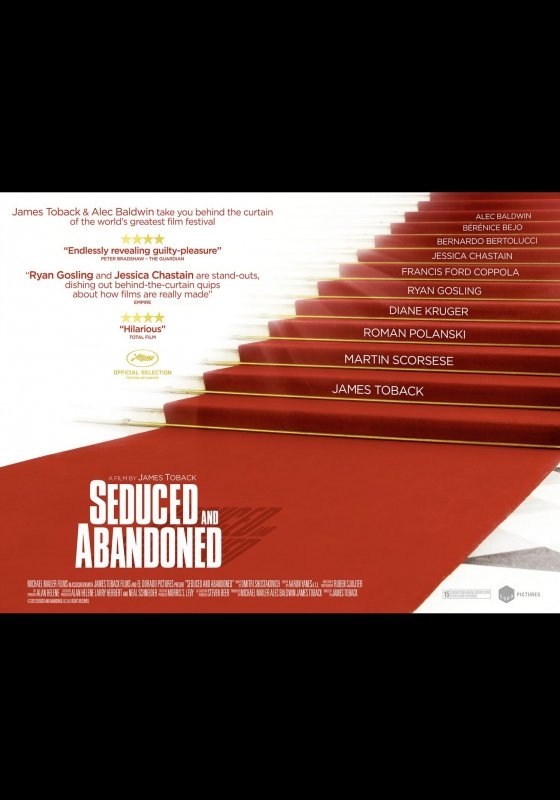
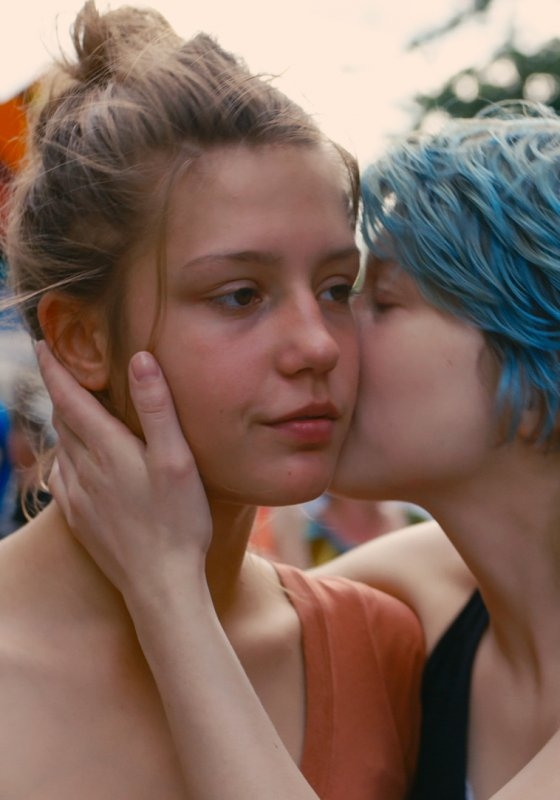
Recent Comments